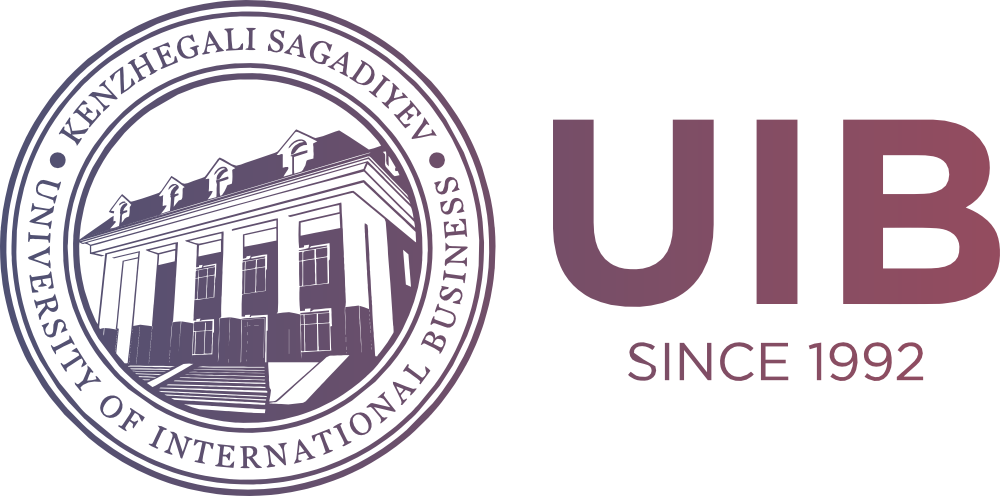Corporate Social Responsibility in Kazakhstan: Current State and Ways of Development
DOI:
https://doi.org/10.47703/ejebs.v1i67.245Keywords:
Business, Economic Activity, Corporate Social Responsibility, Customers, InvestorsAbstract
The main purpose of the study is to assess social responsibility development at the enterprise and its development ways. The main objectives of the study are to assess corporate social responsibility development in Kazakhstan, identify the main problems and make recommendations for its further development. The authors revealed that the understanding of social responsibility, the conduct of which in business creates additional competitive advantages, thereby forming a favourable social environment and stable social conditions, increasing the level of trust in it among various economic agents. Results: the authors also conducted the research in the form of an expert survey to assess the prospects for the development of corporate social responsibility in Kazakhstan. During the survey, questions were asked about corporate social responsibility: understanding of corporate social responsibility, the dynamics of its further development, etc. Also, during the conducted research, the main problems that hinder the development of corporate social responsibility in Kazakhstan were identified: the problem of a haphazard approach to the formation of a policy for corporate social responsibility development, incomplete openness o interaction processes between the state and business, the unreasonableness of existing economic measures to stimulate corporate social responsibility, weak involvement of the civil sector in the practice of corporate social responsibility, etc. Conclusions - to solve the development of corporate social responsibility, such as a systematic approach to the development of corporate social responsibility in Kazakhstan, the complete rejection of the state from corporate social responsibility economic stimulation.
Downloads
How to Cite
Downloads
Published
Issue
Section
License

This work is licensed under a Creative Commons Attribution 4.0 International License.
Authors retain copyright and grant the journal right of first publication with the work simultaneously licensed under a Creative Commons Attribution (CC-BY) 4.0 License that allows others to share the work with an acknowledgment of the work’s authorship and initial publication in this journal.


